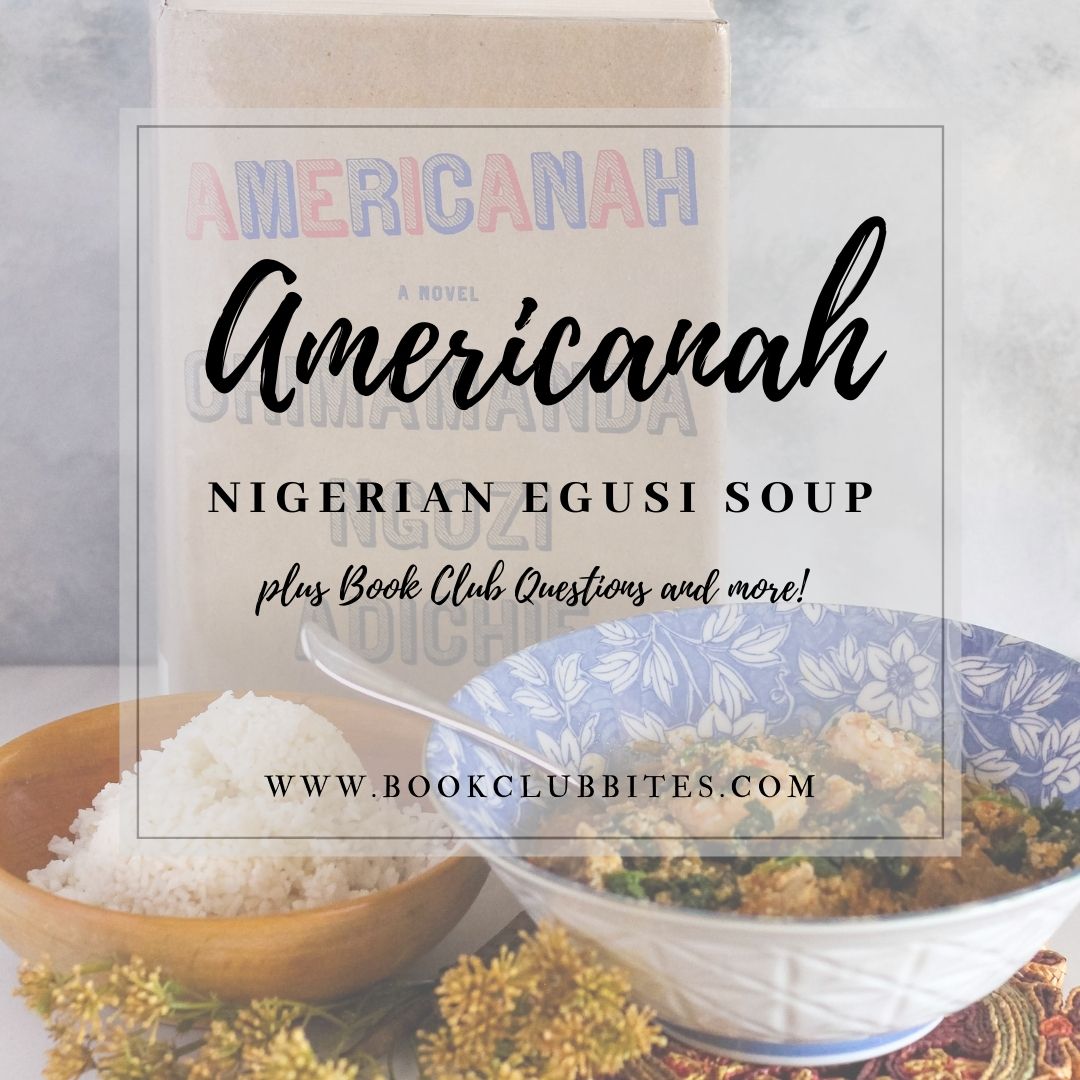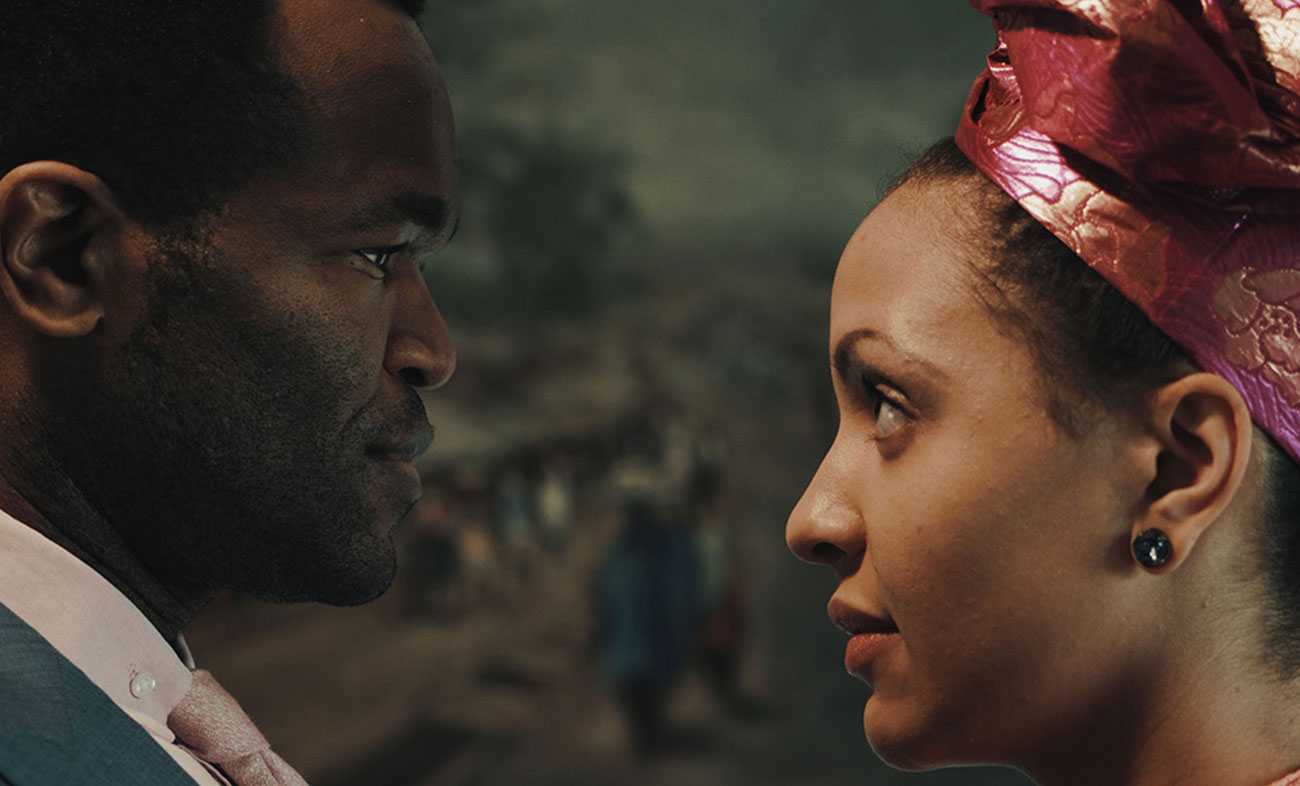

While it deals with modern day Nigeria, racial identity, and immigration in Western countries, it really is a book about relationships.

We follow Obinze’s struggle in Nigeria, his attempt at an undocumented life in England, his later successes. We follow Ifemelu’s transition to life in America. When Ifemelu has the chance to move to the United States, they decide together that she must take it and Obinze will join her as soon as he can.įor many reasons, not least of all a post-9/11 America, Obinze never gets his visa and they are never reunited in the U.S. Their time at university together is continually disrupted by strikes. But they are living in an unsteady climate and country.

Like any young people, they make plans for their future together. Their connection is powerful and immediate. Ifemelu is stubborn, a little brash, the daughter of a radically religious mother and a father long unemployed for his refusal to call his boss, “Mummy”. Obinze is quiet, smart, the son of a professor. The novel divides between Ifemelu and Obinze, beginning in high school when they meet and fall in love. Ifemelu states that she never felt black until she left Africa, until she moved to the United States where being black suddenly became a part of her identity. But I’m coming to expect that from Adichie, whose writing I’ve been greatly enjoying this year. This is what is meant by racial privilege in America.Īmericanah presents a perspective I haven’t read before. From shampoo to foundation to “nude” band-aids that don’t match her skin colour. The drugstore is full of products that don’t work for her. Ifemelu is African and she has naturally kinky hair. (By which I mean, not my hair in particular because I don’t think there’s anything super special about it, but hair that is straight.) In short, the hair of a white person. Or if they don’t, that they should aspire to it. That shampoo is made for hair like mine because it’s targeted to a market that assumes most people have hair like mine. I’d never really thought about why it is that I can go to a drug store and buy cheap shampoo and not think about it. Later on in the book, the regime she uses to keep her hair natural is described. She does so, using relaxers, and soon her hair begins to fall out due to damage. There is an eye-opening scene in Americanah where one of the main characters, Ifemelu, is told to straighten her hair for a job interview in the United States. I’ve never given much thought to the privilege this represents. I go to the drug store and I buy whatever shampoo and conditioner is on sale. I don’t colour it and I rarely use product in it.


 0 kommentar(er)
0 kommentar(er)
